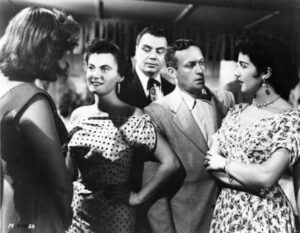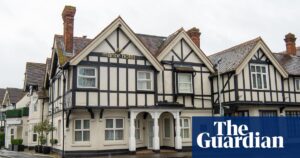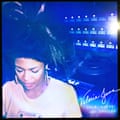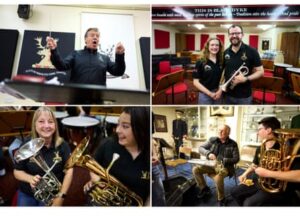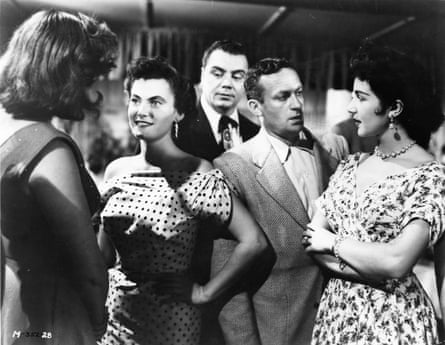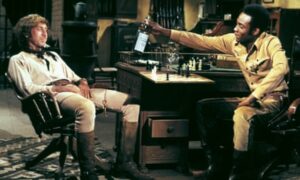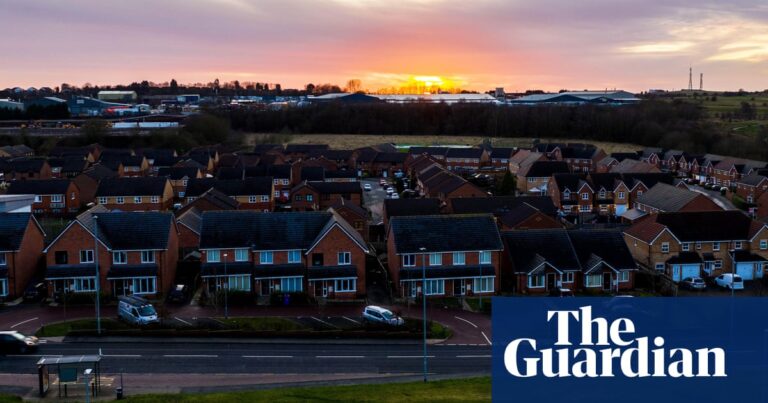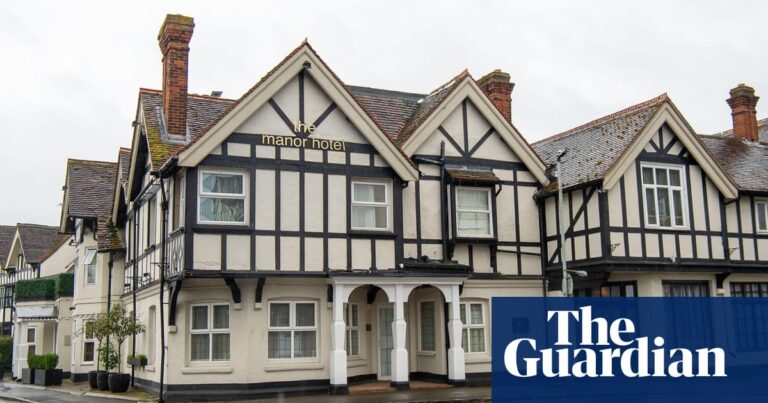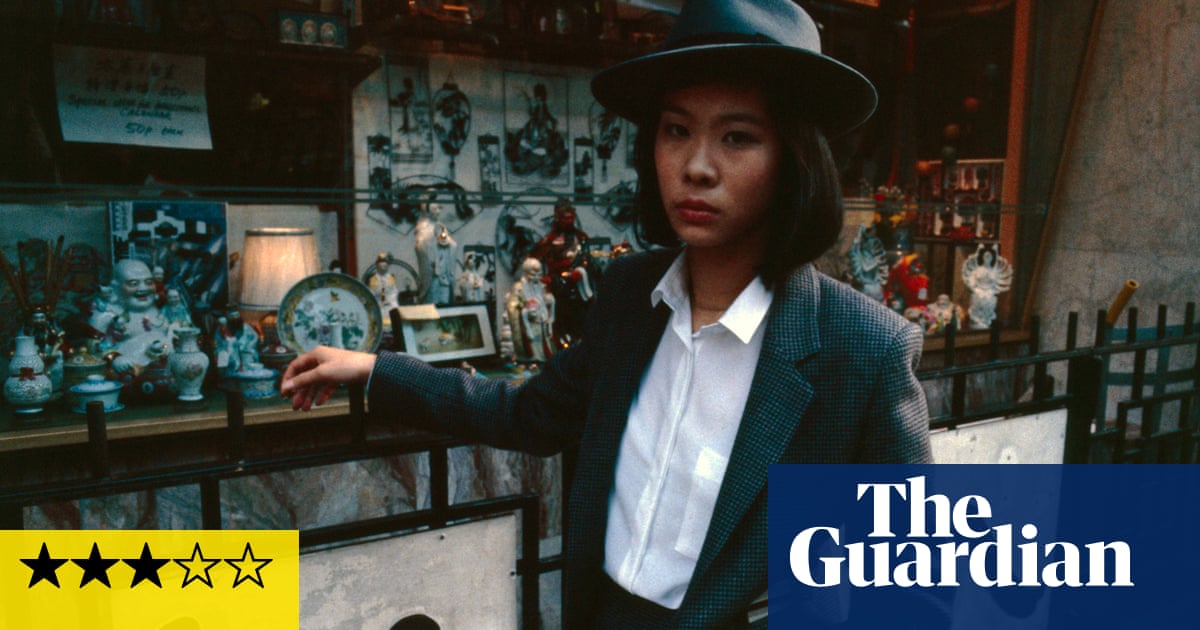
T
A delightful charm to Leong Po Chih’s 1986 mystery-comedy “Ping Pong”, which is set in and around the restaurant scene in London’s Chinatown and has recently been re-released. The film was produced by Film Four, who also released Mike Newell’s “Soursweet” two years later, based on the novel by Timothy Mo, which has a more serious tone. “Ping Pong” is very enjoyable, but for me, there is a slightly subdued and carefully paced quality that slightly dampens the energy. It’s a fun and far-fetched adventure that may have drawn inspiration from the classic Alistair Sim film “Laughter in Paradise”, and it also makes sharp commentary on the racism and marginalization faced by Chinese communities in Britain, both then and now.
Lucy Sheen’s first acting role was as Elaine in this production. Elaine is a law student assigned by Mr Wong’s family to handle his will. The will includes unusual stipulations that seem to encourage arguments and introspection among the beneficiaries. Mr Wong divides his restaurant and assets among his adult children, in-laws, and friends, with the condition that they continue to uphold traditional Chinese practices and refrain from vices like drinking and gambling. Elaine realizes that it may be her responsibility to enforce these rules. Additionally, Mr Wong has made provisions for an unknown Englishwoman named Sarah Lee, which suggests a possible secret relationship between the two.
Unfortunately, he desires for his remains to be transported back to his hometown in China, which will require a family member to accompany the coffin on the flight. The rest of the family must come to a decision on who will fulfill this duty. David Yip portrays the eldest son, Mike, a heartless businessman who plans to construct a seven-story modern building on the location of his father’s old property. Ric Young plays the younger brother, Alan, who is married to an English woman and also has a business. Robert Lee takes on the role of Wong’s old friend, Mr. Chen, who is an Anglophile and a devoted Arsenal fan but never achieved Wong’s level of success. Meanwhile, Elaine struggles to get these individuals to sign the necessary documents and feels like she is being tossed back and forth between them like a ping pong ball. She also grapples with her Chinese and British identities in a similar manner.
There’s some interesting scenes of Chinatown and Soho from the 1980s, particularly its secret rooftop world, over which today’s members’ clubs now have views. And there are some nice dialogue exchanges: “When did you last see your father?” – “When did you last see your dentist?” A haughty government official patronisingly asks Elaine where she learned such excellent English: “The same place you did,” replies Elaine politely – ie, she was born in the UK. The film’s wayward whimsy carries it along.
Skip over the newsletter advertisement.
after newsletter promotion
Source: theguardian.com


